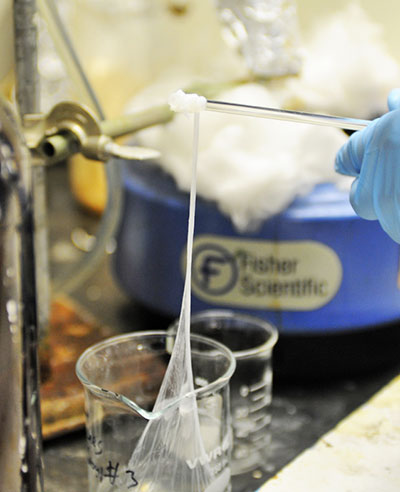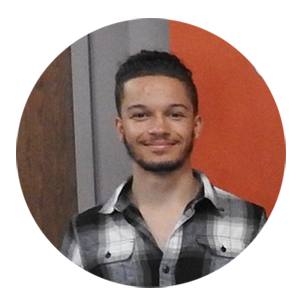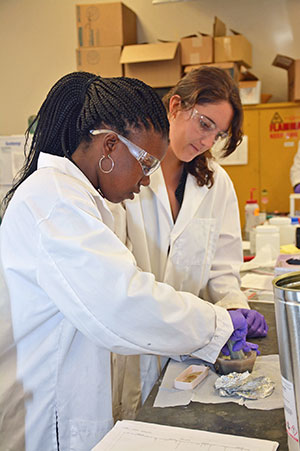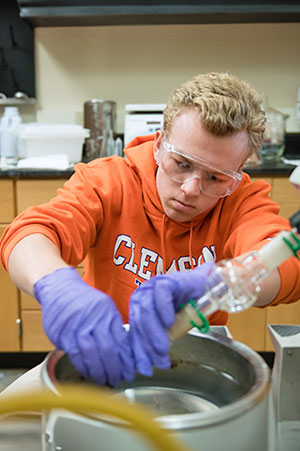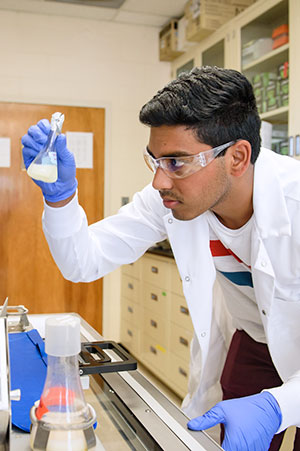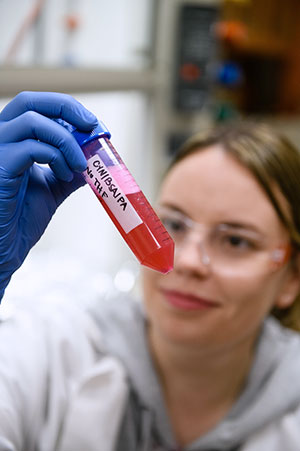Undergraduate Studies
Harness Material Properties
As the demand for new materials and processing increases, so will the need for engineers to harness material properties for applications in fields such as biotechnology, aerospace, automotive, information technology hardware, energy conversion, high-performance fibers and composites, and infrastructure.
Since engineered materials are a critical enabling technology for almost all engineering applications, students graduating from this major are able to work in a broad spectrum of industries, from research and development to manufacturing.
Many MSE undergraduate students transition directly into industry positions. The remaining students often pursue either graduate school to earn an M.S. or Ph.D. in engineering or a professional school for an MBA, law or medical degree.
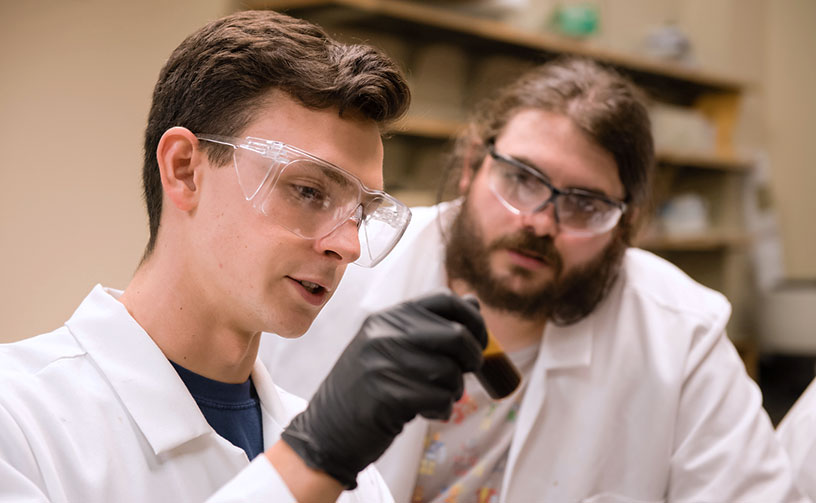
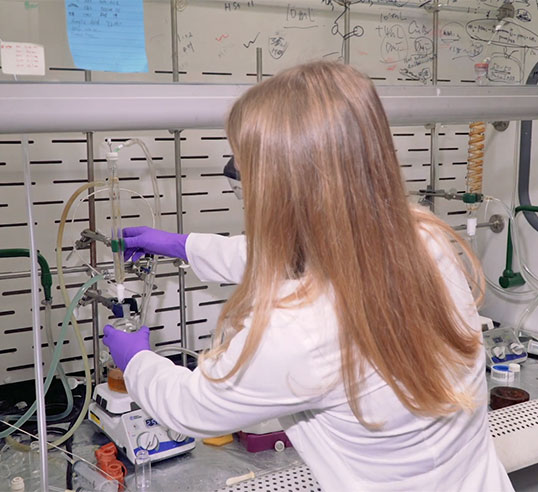
Undergraduate Studies
Designed for students who wonder how and why materials behave the way they do, the materials science and engineering program is a perfect fit for those who want to discover the next revolutionary material.
Within the department, you will develop an understanding of the processing, structure and properties of polymers, glasses, ceramics, metals and composites in all forms — particles, thin films, fibers and bulk materials. Our students receive hands-on learning in laboratories located both on the main Clemson Campus and at the Advanced Materials Research Laboratory, with a culmination of a one-year research project paired with a faulty member.
The Bachelor of Science in Materials Science and Engineering is accredited by the Engineering Accreditation Commission of ABET.
B.S. Program MSE MinorAcademic Support
All Clemson engineering students are admitted into the General Engineering Program for the first year. Afterwards, students can declare their major. Transfer students must show that they have completed the general engineering requirements before being admitted into the Materials Science and Engineering program.
MSE Advising- Academic Policies
- Career Planning
- Change Major
- Course Registration
- Credits Taken Elsewhere
- Degree Requirements
- Internship Opportunities
Beyond the Classroom
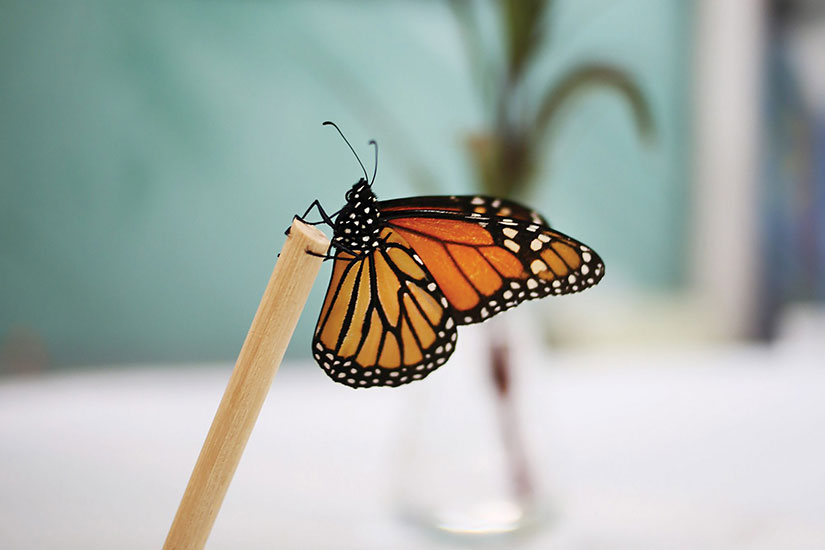
Creative Inquiry
MSE students are encouraged to participate in a Creative Inquiry project to gain real-world experience on more in-depth topics. Current research projects include the engineering biology of arthropods, data science for next-generation materials design, and cell-to-cell communication in cancer research.
CI ProjectsStudy Abroad
To help students identify specific opportunities that match their interests and fit within the MSE curriculum, students can meet with an advisor to discuss the type of abroad experience (study abroad, research abroad, service abroad) that they should pursue.
Global Learning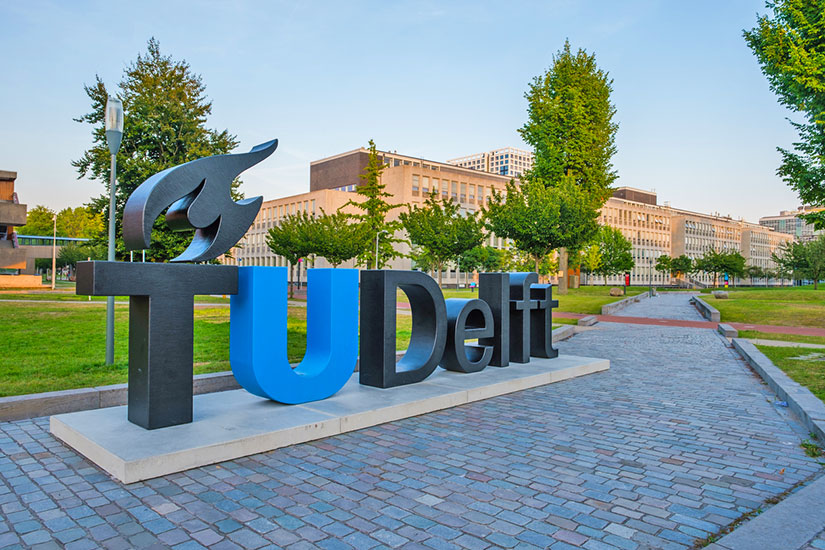
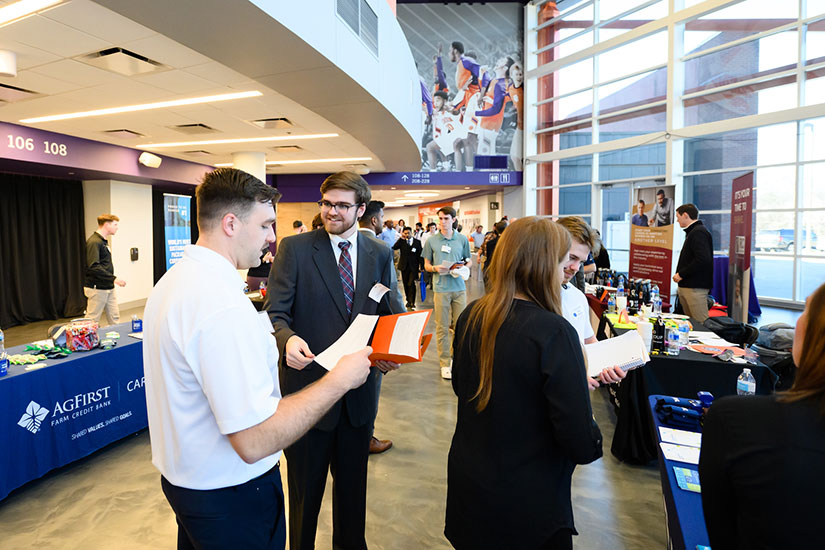
CO-OP Program
In Materials Science and Engineering, approximately 15% of our B.S. students participate in the cooperative education program. Recent co-ops chosen by students include GE Aviation, BorgWarner, Ulbrich, Ascend, First Quality, AFL, AVX-Kyocera, Tetramer, and Parker Hannifin.
Getting StartedInternship Experience
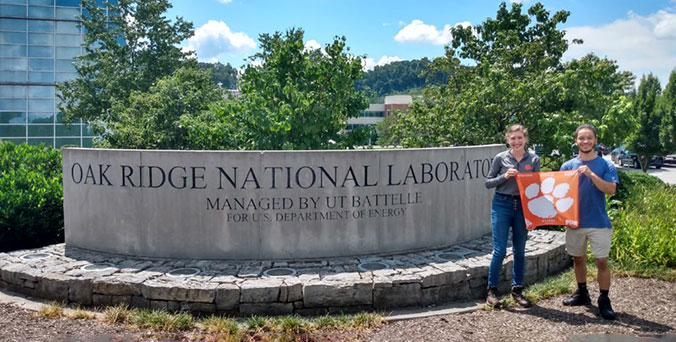
MSE Internships
Preparing undergraduate students for postgraduate work or continuing education is a critical element of the educational experience in Materials Science and Engineering. A quality internship should outline either a strong shadowing experience with specific learning outcomes or an assigned project with clearly stated responsibilities/expectations. At Clemson, faculty connections with industry allow some of our students to spend the summer engaged in applied research, nationally and internationally, under the direction of scientists and engineers in an industrial setting.
Many MSE students spend their summers on internships. One recent summer, MSE undergrad Annika DeVol and MSE grad student Zachary Caprow were selected for internships at Oak Ridge National Laboratory in Oak Ridge, Tennessee.
"Throughout the summer, I used zeta potential to characterize the stability of silicon nitride in aqueous suspension with different dispersants. I was then able to test the most promising dispersants in ceramic slurries and evaluate those slurries via slip casting. My SULI experience at ORNL, and in particular my mentor, Beth Armstrong, was amazing, and I highly recommend that others seek out this opportunity."
Annika DeVolUndergraduate Student
“I was working with the Nuclear Energy and Fuel Cycle Division to ensure the safety of a new fuel design involving thin uranium foil. My job was to determine whether accurate thermal diffusivity measurements could be taken on thin samples using laser flash analysis (LFA).”
Zachary CaprowGraduate Student
